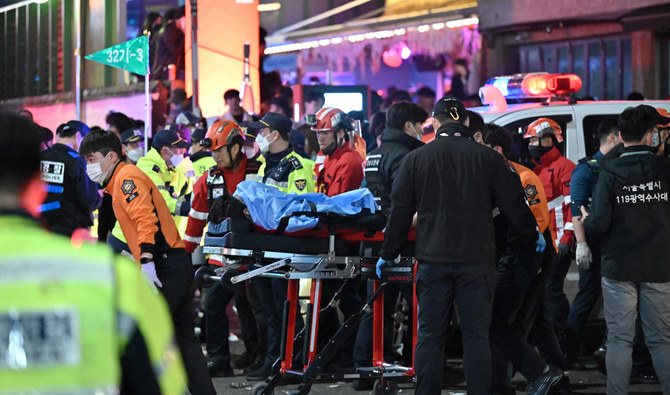ISLAMABAD: Pakistan’s Petroleum Minister Ali Pervaiz Malik met Saudi Arabia’s minister of industry and mineral resources at the Future Minerals Forum (FMF) in Riyadh on Monday, the Pakistani petroleum ministry said, during which both sides agreed to strengthen cooperation in the mines and minerals sector.
Malik is leading the Pakistani delegation at the FMF 2026 summit in Riyadh. The Jan. 13-15 event is expected to attract around 20,000 representatives from governments, businesses, multilateral and non-governmental organizations, academic institutions and trade associations from more than 160 countries, organizers said. At least 13 public and private companies from Pakistan’s mines and mineral sector are participating in the event.
“The minister held a meeting with Saudi Minister of Industry and Mineral Resources Bandar Ibrahim Alkhorayef, during which both sides agreed to further strengthen bilateral cooperation in the minerals and mining sector,” the Pakistani petroleum ministry said in a statement.
The ministry said Alkhorayef pointed out “vast opportunities” for cooperation between Pakistan and Saudi Arabia in the mineral sector, adding that the Kingdom would support the development of Pakistan’s mining industry through its knowledge and technical expertise.
Malik said fertilizer production and medical devices manufacturing sectors also present important opportunities for joint ventures between Pakistan and Saudi Arabia.
In recent years, Saudi Arabia has positioned itself as a leader in the global minerals and energy sectors and accelerated investments in green technologies, sustainable mining practices and international collaborations that are shaping the future of the mines and mineral industry.
Pakistan organized a minerals summit in April 2025 which saw participation from major international companies including the Canada-based Barrick Gold and officials from the US, Saudi Arabia, China, Türkiye, UK, Azerbaijan and other nations.
Islamabad also plans to organize a Pakistan Mineral Investment Forum this year to attract foreign investment in its mines and minerals sector. Pakistan lies in the middle of the mineral-rich geological zone, called the ‘Tethyan Belt,’ where one of the world’s largest copper-gold mines is currently under development at Reko Diq.
This mine is expected to start production by 2028.












